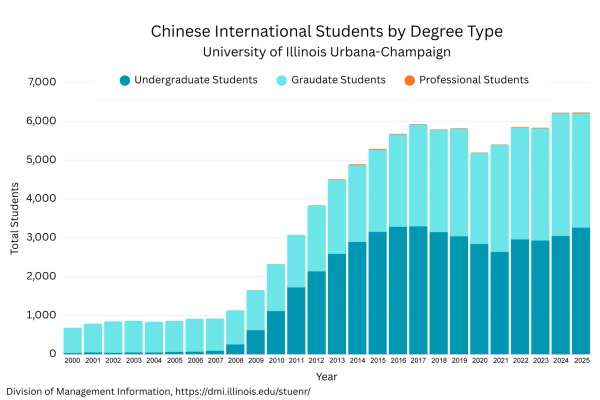New University minor aims to give students an edge
Mar 4, 2008
Computer programmers and engineers get a bad rep. When most people think of those who are technically affluent, they think of acne-faced, huge-backpack-carrying students who constantly make bad jokes like, “There are 10 types of people in the world … those who know binary and those who don’t.” With these negative stereotypes, many people often think they are “too cool” to have computer skills and take pride in not being computer savvy. Though these people would probably acknowledge the benefits of being technically literate, they do not truly realize the opportunities that would be revealed if they were to have some technical degree tied to their major.
Every major industry has a technical subfield. These subfields aren’t exactly standard customer service jobs either. They are high level development positions which bridge computer use with traditional business. This area of expertise is known as informatics. Informatics is the study of applying information technology, or IT, to practically any field, while considering its human effect, and it uses computing as its tool. Informatics specialists help develop software applications for commercial or industrial use.
Though software engineers do the majority of program development, they need industry insiders to relay the correct information to make the programs usable. A programmer could be working on a project to visually display genomes in DNA. He may have knowledge of programming languages like C++ or Java, but doesn’t necessarily understand how DNA is structured. A biology major with informatics skills would have a strong enough understanding of DNA to be able to explain it to someone outside the field, but would also have the technical skills to facilitate the application’s development.
With every field digitizing, countless computer programs are being developed that go beyond your basic office applications. People with these skills are in high demand. Just type in the word “informatics” into Monster.com, and at least 500 results will appear. Most of these positions deal with the medical and financial sectors, but positions across multiple fields are multiplying.
These jobs are in such high demand that the University has developed a new informatics minor to help students gain an advantage in the job market. Dean and Associate Director of the Illinois Informatics Institute Deanna Raineri, who helped develop the minor, said, “We initially developed informatics because some graduate students were having some difficulties finding the jobs they desired. With the skills provided by informatics, they went into the job market with an edge. Now we want to give the same opportunities to undergrads who could also be able to benefit from the skills learned in informatics.”
Get The Daily Illini in your inbox!
Judy Tolliver, coordinator for Informatics Education Programs and an informatics adviser, said, “The core informatics courses are meant to give students an understanding of fundamental principles of computer science to prepare them to study and develop new uses for computer systems in their own future endeavors, all within a social context. The idea is to help them become better creators and users of computing technology.”
So if you’re a closet computer nerd who secretly wishes he could create a really cool Web site or Java application, then getting a technical degree along with your major, like an informatics minor, is for you. Don’t let mainstream stereotypes and a fear of really hard computer programming classes stop you from doing what you are really interested in. If you’re a person who wants to ensure he has a job after he graduates, then a technical degree could be something that makes you more qualified than your competitors.
If nothing else it will help you understand jokes like, “Why are all Pascal programmers asked to live in Atlantis? Because it is below C level.”
Paul is a junior in computer and political science and has a newly adopted informatics minor.





